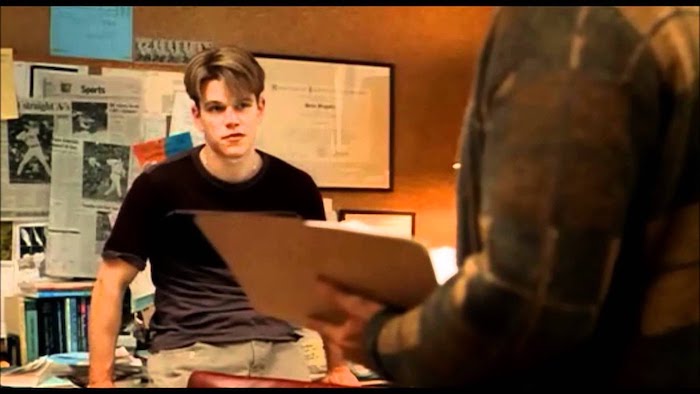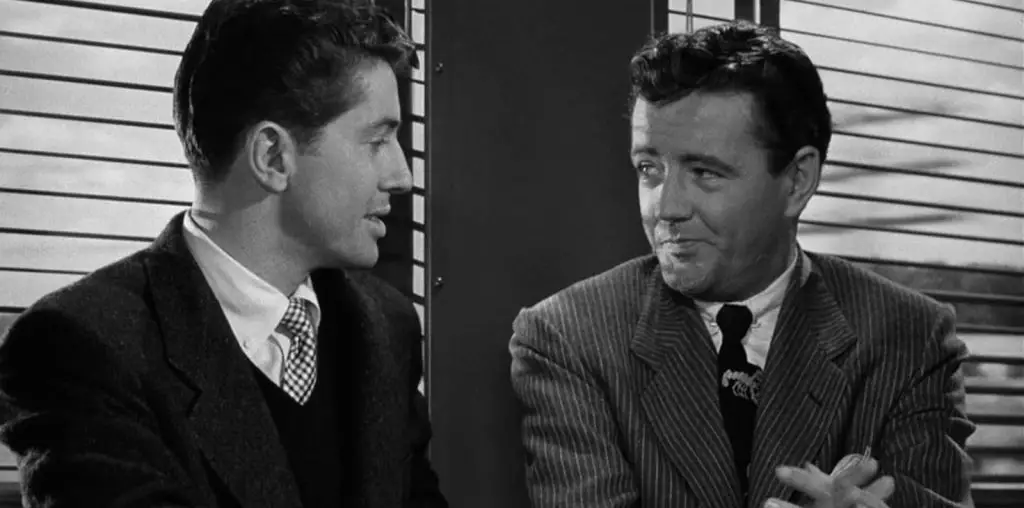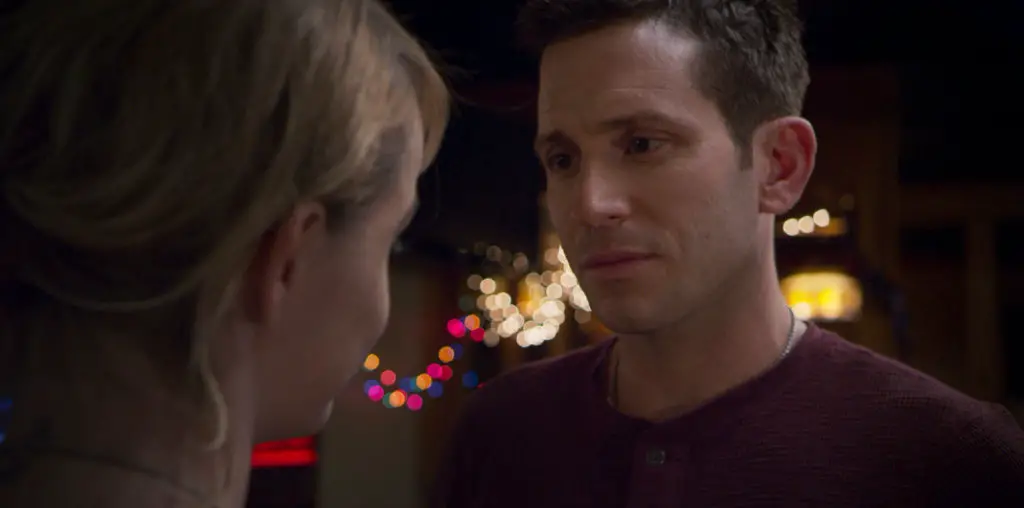
Famous author of psycho-thrillers Patricia Highsmith led a controversial life that, especially these days, may be reduced to a slew of sensationalist factoids: she was a homosexual! A racist! A professed social democrat who supported Palestine! It’s surprising that Highsmith’s anti-Semitic views alone haven’t triggered the cancel police into erasing her from history – they’re likely too busy focusing on cisgender white male public figures at the moment. Before the inevitable cancelation occurs, writer-director Eva Vitija’s entertaining documentary Loving Highsmith provides the opportunity to take a deeper look at the influential writer’s love life.
Vitija barely mentions Highsmith’s prejudices, hinting that they may have been spurred by a lifetime’s worth of suppression. Her lyrical film, loosely adapted from the author’s poetic diaries, reveres the author for her stoicism and determination to remain true to herself, as well as her undeniable contributions to contemporary literature and cinema. Most human beings are multifaceted products of their time; it’s refreshing to see a movie celebrate a great artist’s contributions rather than aim to tarnish their legacy. That being said, quite a bit feels left unsaid.
The woman behind such adapted-into-masterpieces as Strangers on a Train, The Talented Mr. Ripley, and Carol – in fact, “almost all of her books were made into films” – spent most of her life in the spotlight. Raised on rodeos, constantly seeking the “unattainable love of her mother,” she equated kissing boys to “falling into a bucket of oysters” from an early age. Therein, two versions of Highsmith were born: the classy public persona and the one with the “staggering amount of [female] conquests.”
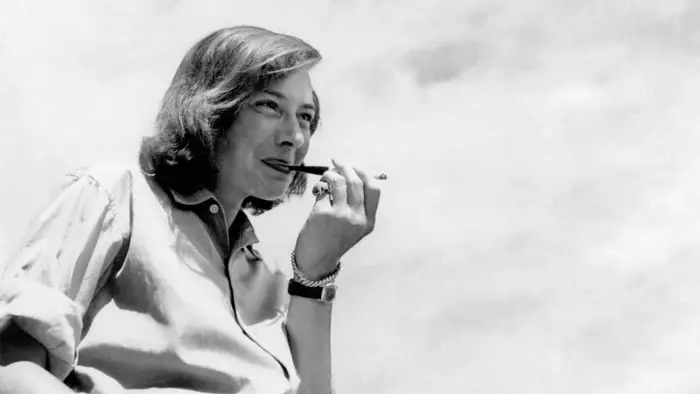
“…reveres Highsmith for her stoicism and determination to remain true to herself…”
Loving Highsmith delves into her fascinating life. Highsmith wrote Carol (originally titled The Price of Salt), the first lesbian novel with a happy ending, under a pen name. She chaired the jury at the Berlin Film Festival. She wrote till the very end, planning her next Ripley book while riddled with leukemia. Mixing archival footage with clips from these adaptations, Vitija seamlessly blends historical facts and nostalgic embellishments. When Highsmith escapes to Europe, for example, the filmmaker shows Matt Damon’s Ripley fleeing to Italy, the latter a manifestation of the former’s inhibitions and desires.
Gwendoline Christie voices Highsmith, matching her intonations and elegance, whether she’s talking about how “the taste of death is sometimes on my mouth these solitary evenings” or “the profound indignity of being interviewed.” Highsmith’s lovers Marijane Meaker, Tabea Blumenschein, and Monique Buffet provide some of the highlights with their spirited, wistful, vivid recollections. “New York was loaded with gay bars,” Meaker reminisces, “it was the 1950s!” She refers to Highsmith’s mother as a “bitch”. Blumenschein speaks fondly of the time she and Pat went to a transgender bar.
“He will always get away with it,” Highsmith speaks of Ripley, her conniving alter ego, in another compelling interview. More than likely, she got away with some things that this worshipful movie strategically avoids mentioning. Vitija’s excuse for not delving into the more radical aspects of her subject’s life may well be, “It’s in the title.” Loving Highsmith is about loving Highsmith and all that implies. As such, it gets the job done perfectly.
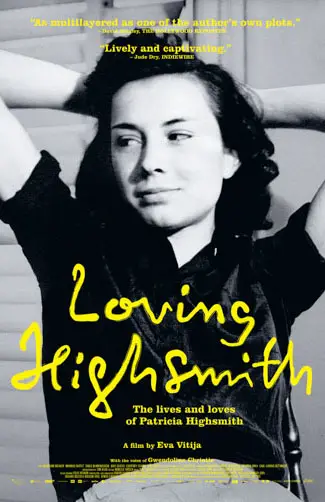
"…gets the job done perfectly."
